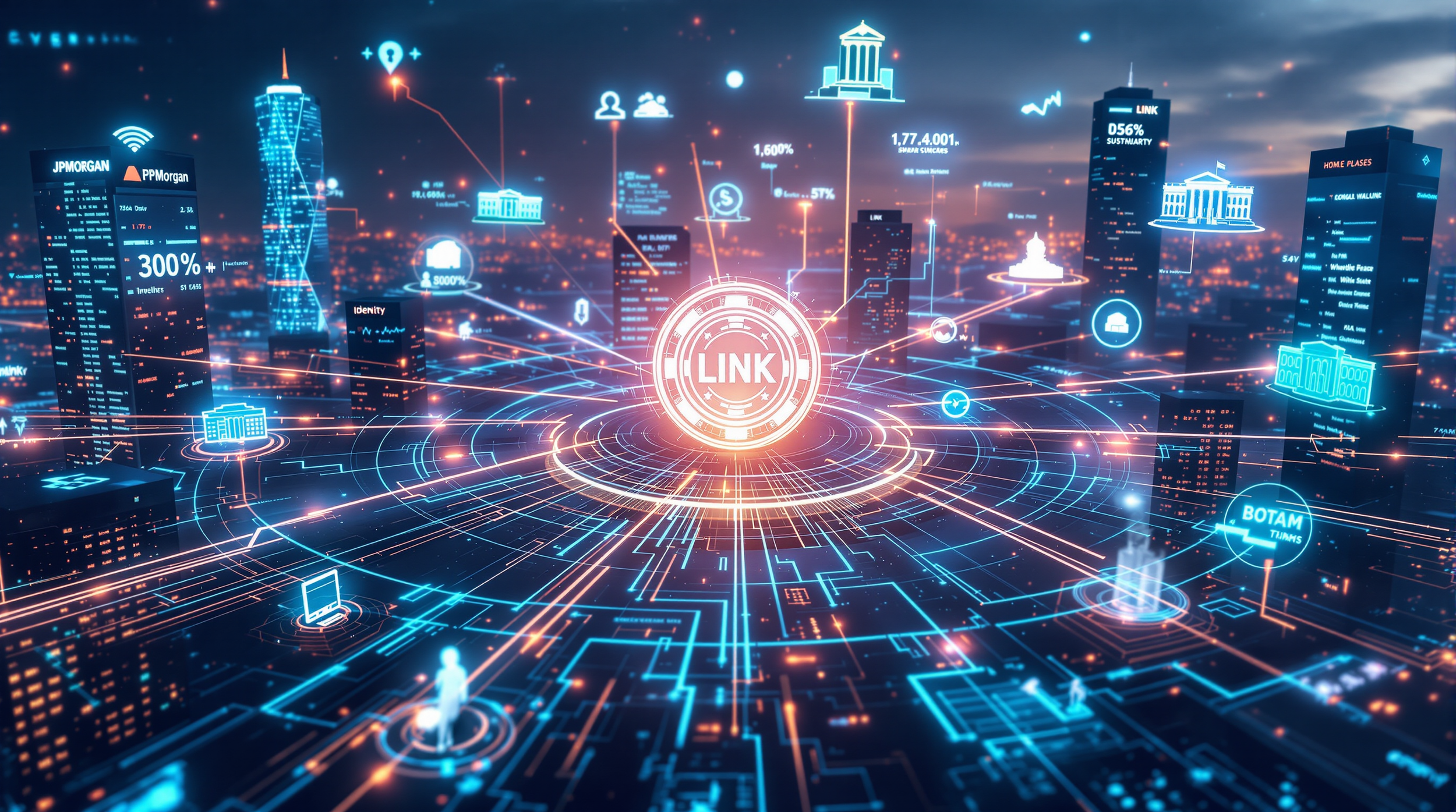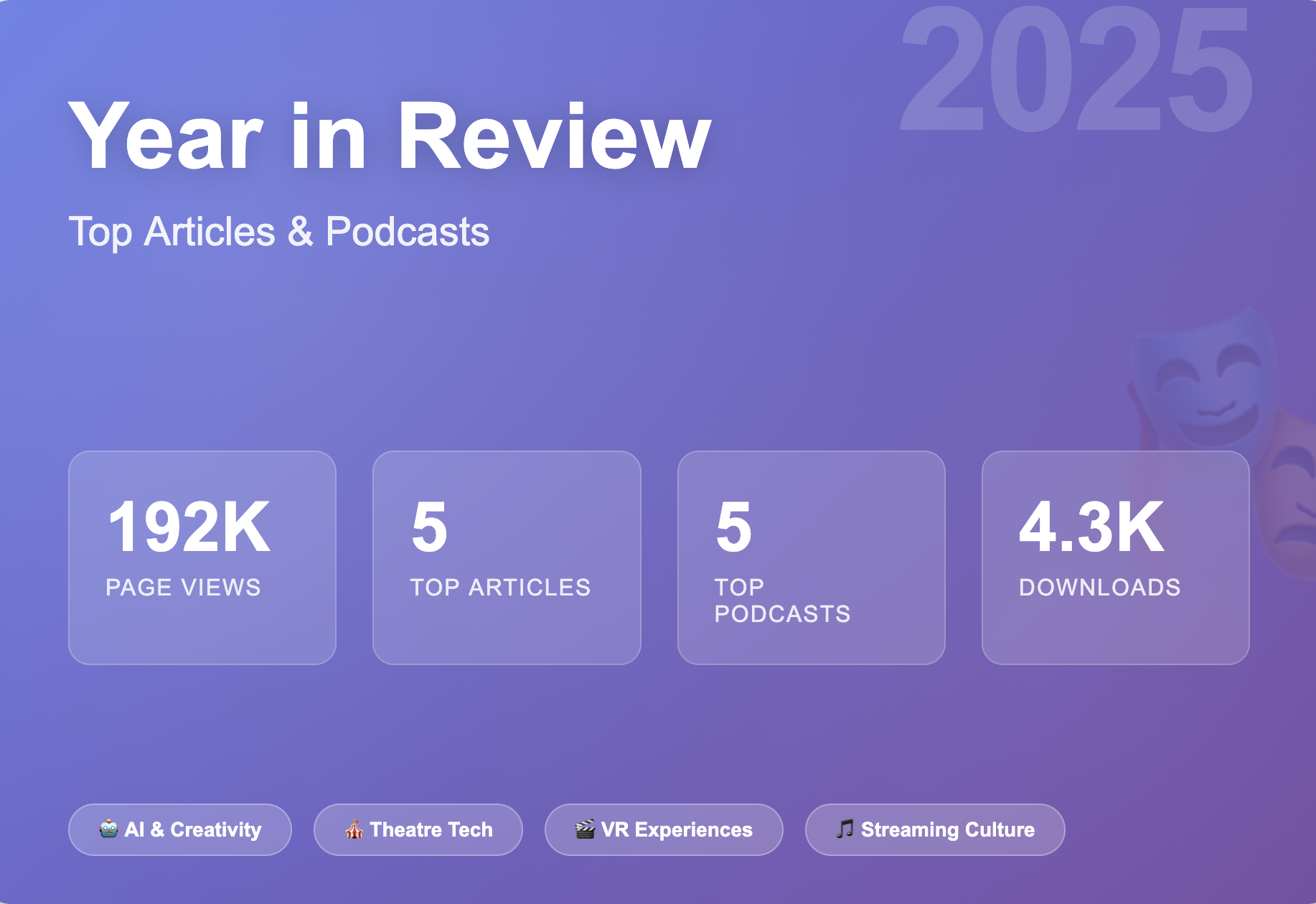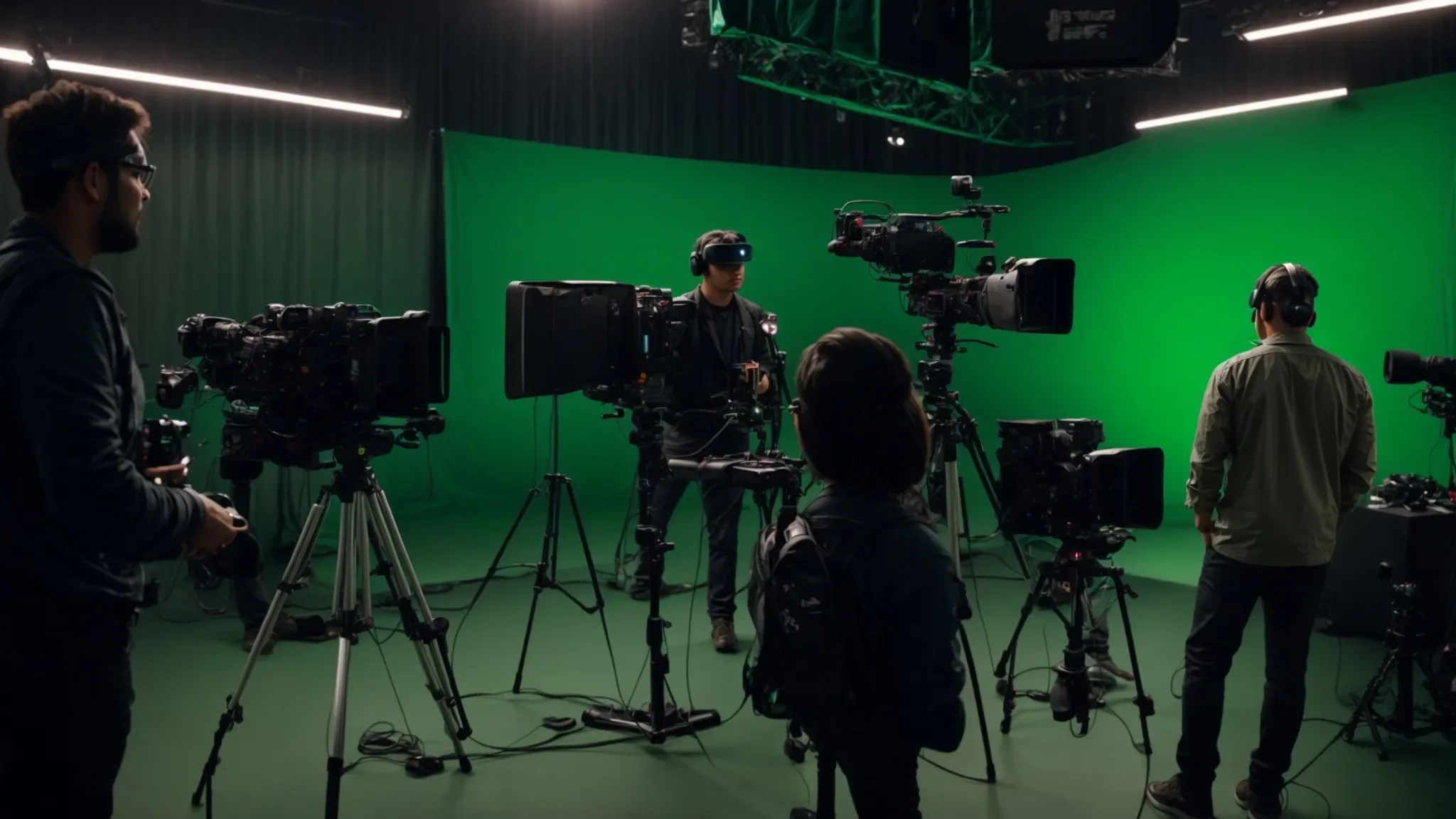 Recently there has been some high-profile buzz about Google's latest endeavor to unite arts and their internet products by having Google Chrome skins designed by prominent illustrators. The catch? Google will pay the artists nothing, offering exposure instead.
Recently there has been some high-profile buzz about Google's latest endeavor to unite arts and their internet products by having Google Chrome skins designed by prominent illustrators. The catch? Google will pay the artists nothing, offering exposure instead.
Understandably, many illustrators are incensed by the "offer." Though last year's iGoogle artist theme design campaign was highly successful, according to Mark Frauenfelder (an iGoogle artist), in that instance Google donated a significant amount of money in his name to a charity of his choice. This year Google is soliciting prominent illustrators ("prominent" meaning that these are illustrators whose work is already recognized and commissioned by high-profile companies that both pay and provide great exposure) and offering them no compensation. I think this is a slap in the face to the arts world.
Some very good points are discussed by Stan Schroeder at Mashable and Douglas McLennan at Arts Journal. I recommend reading their thoughts about the online community's responsibility for devaluing artists' work, seeing this as an opportunity to encourage higher levels of craftmanship, and the value of a relatively unknown artist to gaining exposure and consequently future work that would pay.
I, however, would like to address two issues that I have when a situation such as this occurs. I will do so in this and a following post.
First of all, I posit that most people who identify themselves as artists wish to make a living producing art. They do not WANT to have a desk job to enable their work. They would, ideally, be able to support themselves by producing work in their medium of choice. I am not talking about the people who happily admit to being designers "on the side," or who create art "as a hobby" and are content so doing. I am not talking about the people who, unasked, flood the web with their work free of charge. I believe that people who IDENTIFY as artists want it to be their vocation, their profession, their primary source of income, and guard it closely, hoping always that someone else will value it equally (and in concrete dollars).
It is offensive that Google, a company whose first-quarter profits saw an 8% increase over last year's (to $1.42 billion, according to the New York Times), would specifically select artists because they are well-known and well-respected and offer to pay NOTHING. It would be a different story altogether had Google held an open call for submissions, explaining at the outset that there would be no pay for the chosen designs, and allowed illustrators to decide for themselves whether they wanted to participate. (Note: even the 12-year-old winner of "Doodle for Google" received a decent-sized award for her winning drawing.) But to carefully hand-pick prominent illustrators and ask that they be a part of the project in return for exposure, shows how little art is respected by big business (and is, in my opinion, condescending). The fact that Google is SELECTING them in the first place suggests that these are artists who no longer need exposure, are at the top of their field, and should be considered valuable enough to earn a standard rate for their work.
Google's new skins are akin to packaging an unexciting product in an appealing way, something that marketing experts get PAID to do. Google would expect to pay someone to spruce up its image. Despite the positive impact these artist skins would have on Google Chrome's marketability (Chrome doesn't make my short list of browser choices), Google doesn't believe that the illustrator's work is worth a financial investment.
And if Google, a company worth billions, isn't willing to pay for top-of-the-line illustrators, what good is exposure? (Not to mention the fact that Google Chrome is not necessarily the best way to reach these illustrators' potential clients, since it depends on an individual's interest in downloading the browser to start with.) If a company knows that an illustrator is willing to work for Google for nothing, why would it want to pay the illustrator?
When Google thinks art isn't worth paying for, it is little wonder that legislators across the country question the value of arts funding.
Incidentally, I considered that this may be Google's reaction to Bing's attractive "decision engine." I contacted the provider of the stock photography that is used by Bing in an attempt to find out if they get paid for Bing's use of photos. The response I got from Jonathan, a representative of Danita Delimont stock photography, wrote: "I'm glad you like our photographers' work! Microsoft does indeed license the images they display on the Bing home page. We applaud Microsoft's decision to provide copyright information for the photos they use on Bing."





